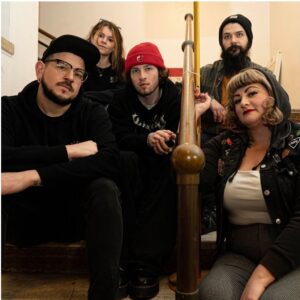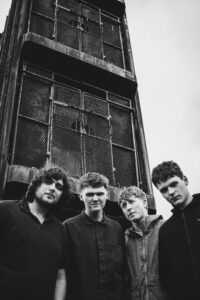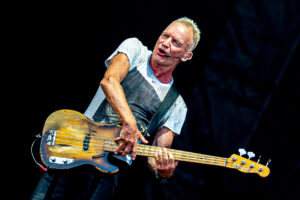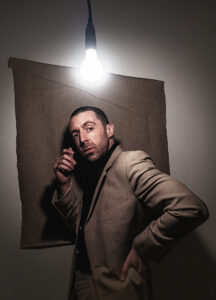MISOGYNY IN THE FEMALE MUSIC/PHOTOGRAGHY INDUSTRY
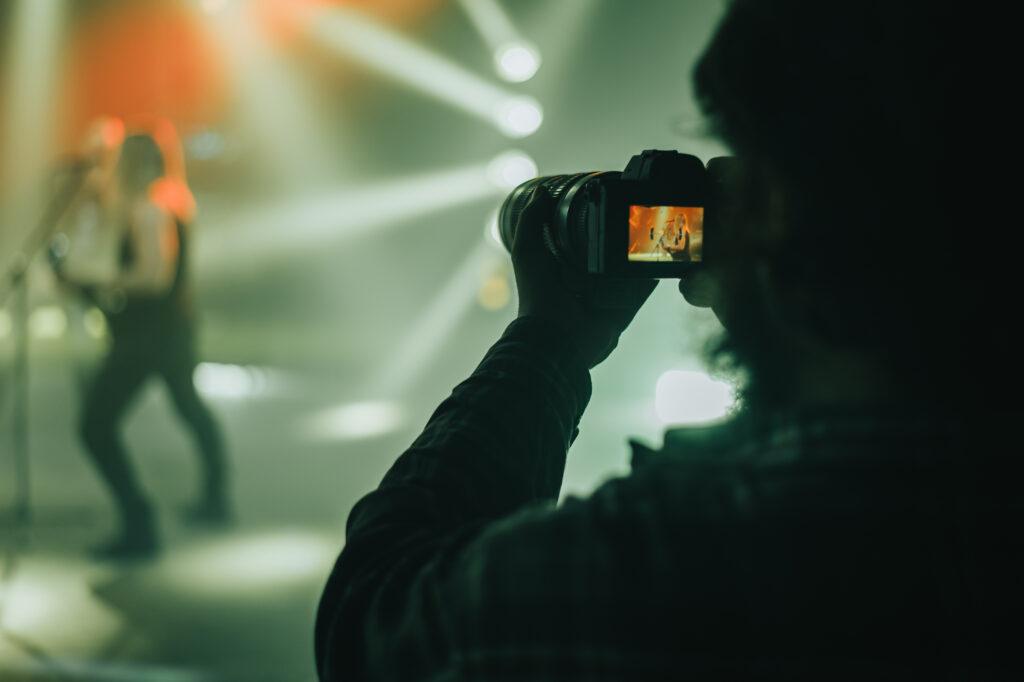
The music industry has long been plagued with the issue of sexism. Despite the lack of female representation in festivals and award nominations, its a fact that these issues only scratch the surface. Many studies and reports (see notes below) have revealed that women working in the music industry experience not only sexism, but also harassment and coercion. Over the last eight years of running Northern Exposure, I have faced many battles myself and have supported numerous women and girls who have experienced mistreatment so I know first hand what we’re up against.
Unfair Assumptions
Before we begin discussing females in photography, I’d like to take a moment to address unfair assumptions. I’ve lost count of the number of times that both myself and my female colleagues have been asked whether we are only involved in this line of work to sleep with bands or to get free tickets. Women working in the music industry have always had to deal with intrusive questions about their personal lives. When I first started working at NE, I was told by a senior male industry figure that if I wanted to be taken seriously as a woman in music, I should stay away from bands and industry personnel unless it directly benefited my career. While people are entitled to their own opinions, I would never sleep with someone just to get a promotion or accreditation. Unfortunately, there have been instances where women have been offered promotions in exchange for sexual favours, and if they refuse, they have been fired. Looking back, I realise that it’s ridiculous that I turned down dates with musicians or co-worker’s, I should have been able to date who I wanted and still be taken seriously. If a woman had said that to a man, just imagine. It’s incredibly frustrating to constantly face these insinuations, especially when your motives and intentions are being misrepresented. I have always been passionate about music, and that is why I have pursued this career. No woman should ever have to explain or justify her career or life choices.
Female Photographers
Women working as music photographers can face an all manner of issues due to the prevalence of stereotypes and biases based on gender. Whether its the difference with how women are treated by security at events or gaining accreditation.
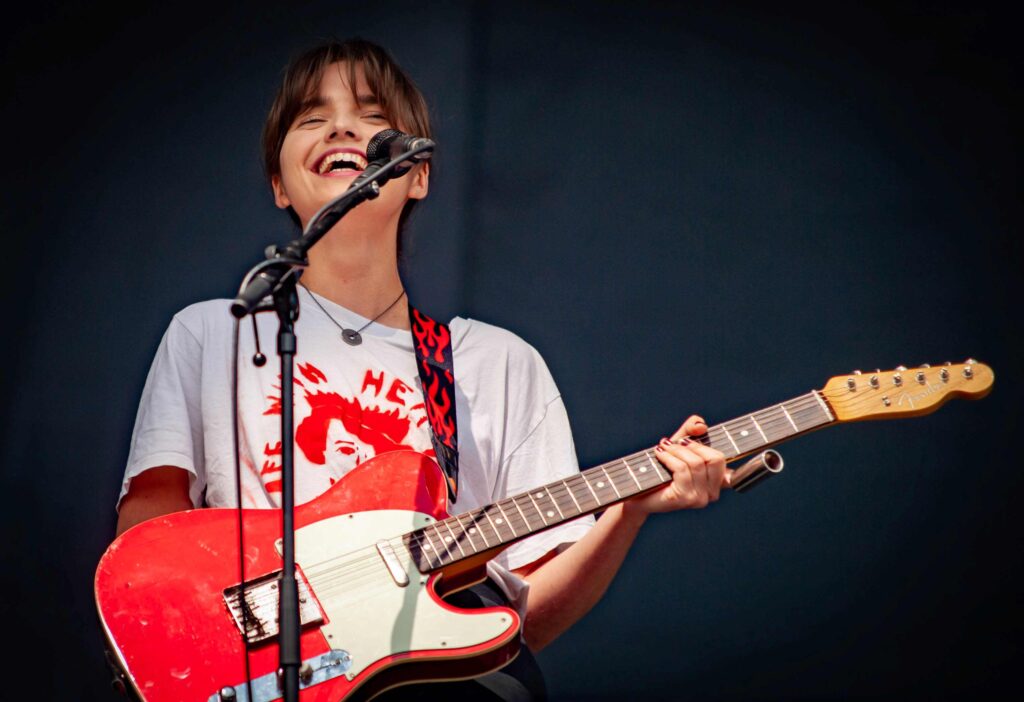
Security is a huge issue and its often assumed that a woman’s credentials are fake, borrowed, or security staff insinuate that photographers are “groupies” or a girlfriend instead of a working member of the crew. Seldom are men questioned to the same degree or in the same manner as women in similar circumstances. This is fundamentally misogynistic. It’s other things you notice too, like who the music photography community celebrates the most, nine times out of ten the men. You can go in any photo pit and I will put money on that the majority of photographers are male and to add insult to injury, they are the paid ones. I can say with certainty, as a female photographer, that the problem is not a shortage of qualified and capable female photographers. Rather, it is the resistance and biased choices made by organisations and companies in their hiring and promotion processes.
Women continue to receive lower pay, if any, get limited opportunities and lack recognition for their work. When I did my Johnny Marr ‘Apprentice’ eight page shoot, my female professional lead had to fight to get a woman the apprentice spot as they wanted her to have a male. This is one of thousands of instances every year were men are favoured.
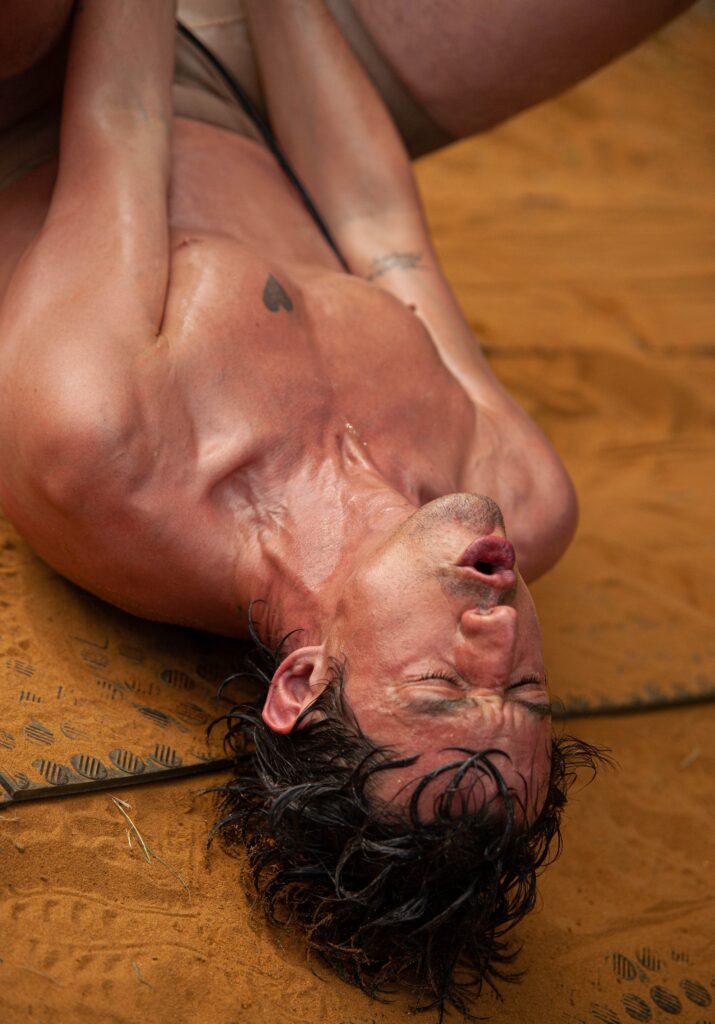
Lack of support and representation is a major contributing factor to the bullying of female photographers in the music industry. When working in a field where men predominate, many women may feel alone or underappreciated, which can increase their vulnerability. It might be difficult for them to locate mentors or role models in their field who are also of the same gender. Because of this underrepresentation, navigating the industry and finding support may be difficult. Their success may be hampered by this lack of assistance, which may further isolate them.
Stereotypes and misconceptions surrounding the role of women in the music industry contribute to the bullying of women working as music photographers. These stereotypes include:
- Women photographers are seen as less skilled or experienced compared to their male counterparts.
- Women photographers are seen as decorative or non-serious additions to a male-dominated industry.
- Women photographers may face criticism or judgment for their appearance or personal style, which is seen as unprofessional or distracting.
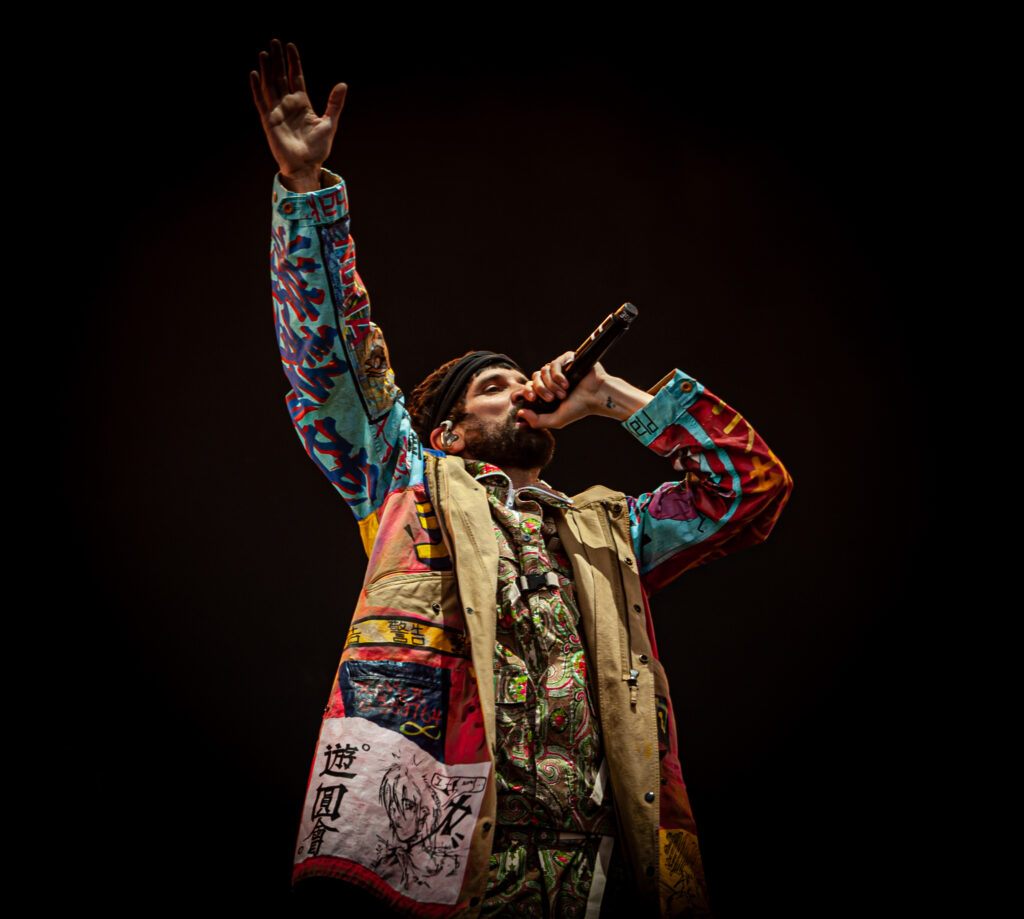
What Can We Do
Stereotypes, gender bias, lack of representation, and discrimination are some of the key factors that contribute to the issue of inequality in music photography. It is imperative for the music industry to recognise and address these challenges to create a more inclusive and respectful environment for female photographers. If you are a part of the music photography community, it is essential that you promote the work of your fellow photographers by liking, following, and commenting on their work. Take a moment to reflect on whose work you are supporting. If it is mainly men, consider extending your support to more women in the field.
On a bigger scale, creating opportunities for female in the music industry is crucial. This can be done by providing mentorship programs, funding initiatives, and platforms that showcase their talents and give them a fair chance to succeed. By supporting females more, we can shift the male-dominated landscape and create a more inclusive workplace. Creating an inclusive environment goes beyond just supporting females. It involves fostering a culture that respects and values diversity in all its forms. This includes promoting gender equality, inclusivity, and intersectionality within the music industry.
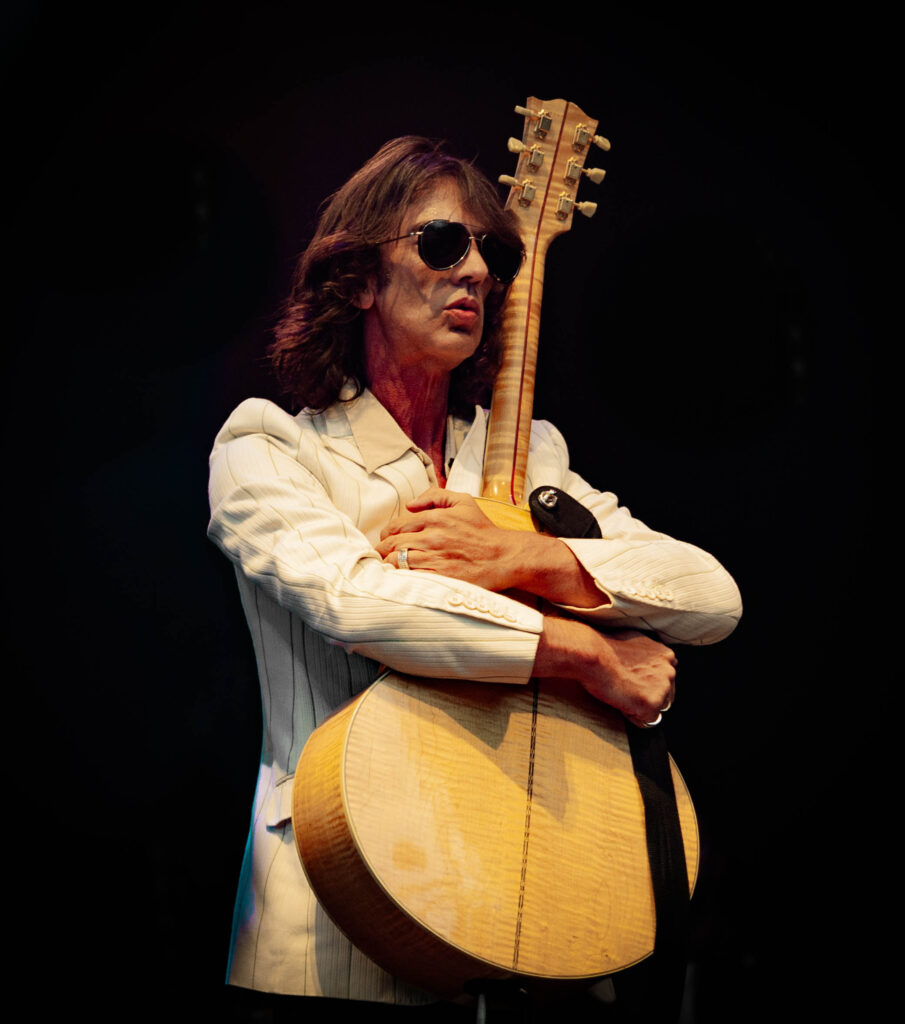
The battle against sexism in the music photography and beyond is ongoing. It is up to all of us to challenge the status quo, embrace diversity and a culture of acceptance. We must employ more women in photography, work together and strive for a more inclusive and equal music industry.
Rachel Brown
The ‘Be The Change: Gender Equality in the Music Industry’, a study by Luminate, Tunecore, and Believe, was released in March this year and it’s results are shocking. The complete study compiles answers from more than 1,650 industry professionals, executives, and creators from 109 nations. It covers perspectives from men, women, and people of all gender identities. Primary findings include the following: 62% of nonbinary people and 60% of women felt that age discrimination was a serious issue, and 53% of respondents thought that cisgender men receive higher compensation in the music industry than other genders. Additionally, 34% of women in the industry reported experiencing sexual harassment or abuse in the previous year. The study also discovered that women and gender-nonconforming people’s experience in the music industry is further complicated by tokenism and inadequate representation, which worsens discrimination against other marginalised groups. According to the report, minority women are 114% more likely than the average to believe that their hiring decision was partially influenced by their race, ethnicity, tribal background, or nation of origin. Considering these problems, it should come as no surprise that 76% of women, 82% of transgender people, and 89% of nonbinary people said they had experienced mental health problems since joining the music business suggesting the need for sector-wide action on the problem. If you are working in music and are suffering with your mental health please follow this link for support and advice.
